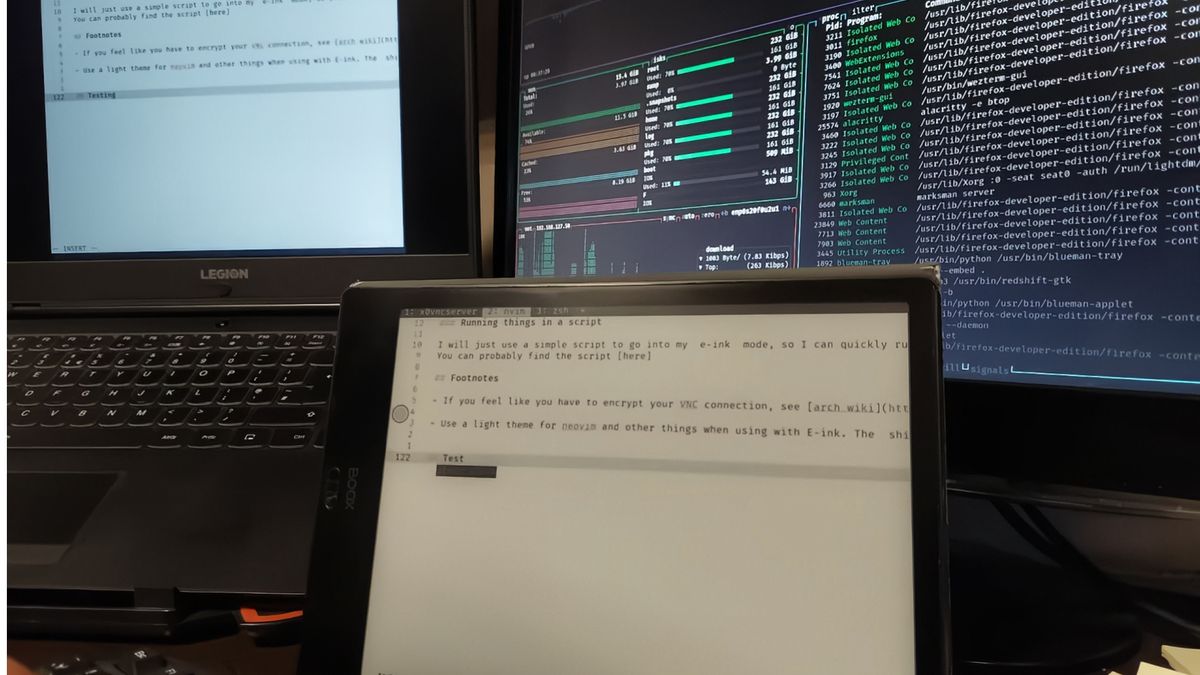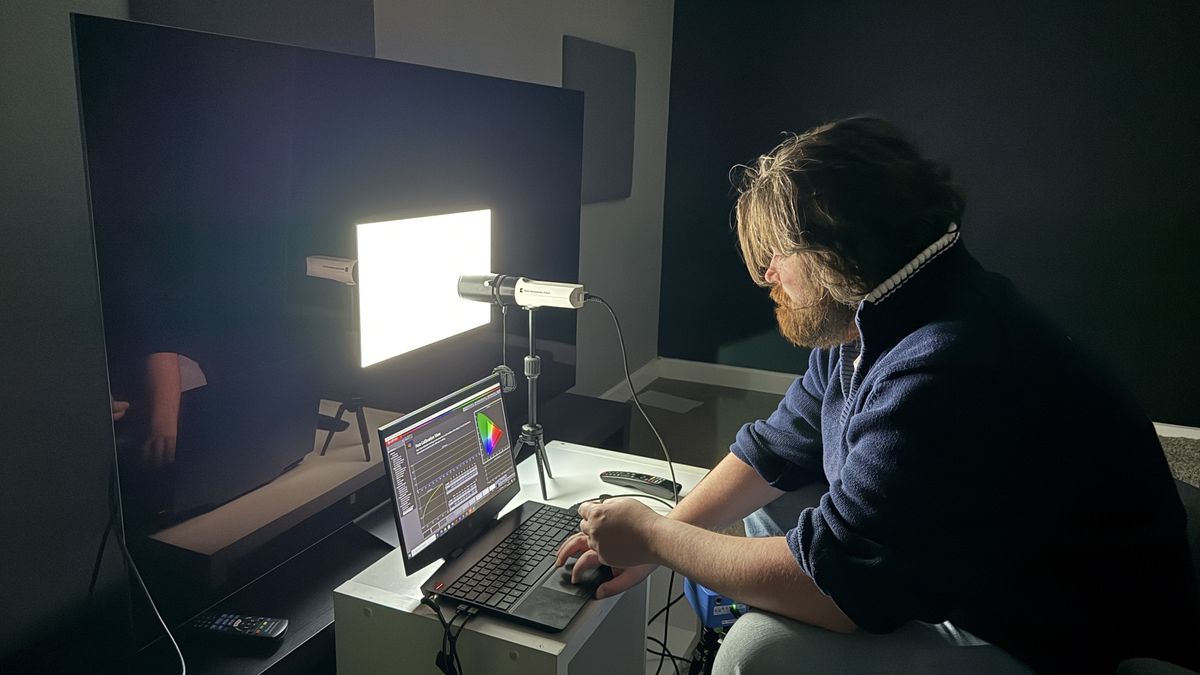Elon Musk announced on Sunday that starting soon, you will be able to chat with your friends, family, and war collaborators on X, the everything app. Now, you might be thinking, “I could already do that, Twitter has had direct messages since basically forever.” And you would be right. But you see, this is XChat, Musk’s long-promised “secure” messaging service—though there are some questions as to just how secure it is.
Per Musk, XChat (which it appears will simply replace the existing Messages feature) is rolling out with “encryption, vanishing messages and the ability to send any kind of file,” as well as video and audio calls. It’ll launch to a limited number of users, but Musk claims it’ll be available to all users “this week,” pending any scaling issues.
Encryption has been a long-requested feature of Twitter’s messaging feature, something that journalists wanted long ago for communicating with sources on the platform, and other users have increasingly been drawn to as encryption has become more accessible and standardized and the government has gotten more capable of prying into people’s privacy.
Musk previously haphazardly introduced encrypted messaging to X direct messages, a feature that was opt-in only, not end-to-end encrypted, and only available to people who pay $8 a month for the blue checkmark. But this time, he says XChat will be the real deal. “This is built on Rust with (Bitcoin style) encryption, whole new architecture,” he explained.
A problem: “Bitcoin-style” encryption is a meaningless description. Bitcoin uses cryptography to create digital signatures for transactions, but it is not “encrypted” itself. In fact, Bitcoin transactions are broadcast in cleartext for transparency—a thing you don’t want from your private messaging service. The promotional landing page for XChat describes it as having “end-to-end encryption” and “state-of-the-art privacy,” so generously, let’s assume that is somehow what Musk means when he says “Bitcoin-style” security.
Musk has long suggested that X should have a messaging system that could compete with Signal and other secure communications platforms. XChat looks like it’ll be his shot at making that happen, though it’s off to a pretty poor start, considering he can’t clearly define the security protocols in place. So maybe it’s not ready to compete with Signal, but it almost certainly could provide the same level of security as TeleMessage, the modified version of Signal that Trump administration officials were using until it got hacked earlier this year.
It also doesn’t help that he’s been undermining the security of users basically since the day he took over. He removed the ability of users to make use of two-factor authentication unless they are paying for X Premium and implemented restrictions on the number of messages non-paying users can send on the platform (it’s not clear if that restriction will be lifted for XChat or not) under the guise of “spam prevention.” Under his leadership, X has also complied with the vast majority of government requests that it has received. Last week, the company announced that users would no longer be able to send new encrypted messages via its existing DM feature—likely in an effort to push people to XChat, but still cutting off a means of secure communication in the meantime.









 English (US) ·
English (US) ·